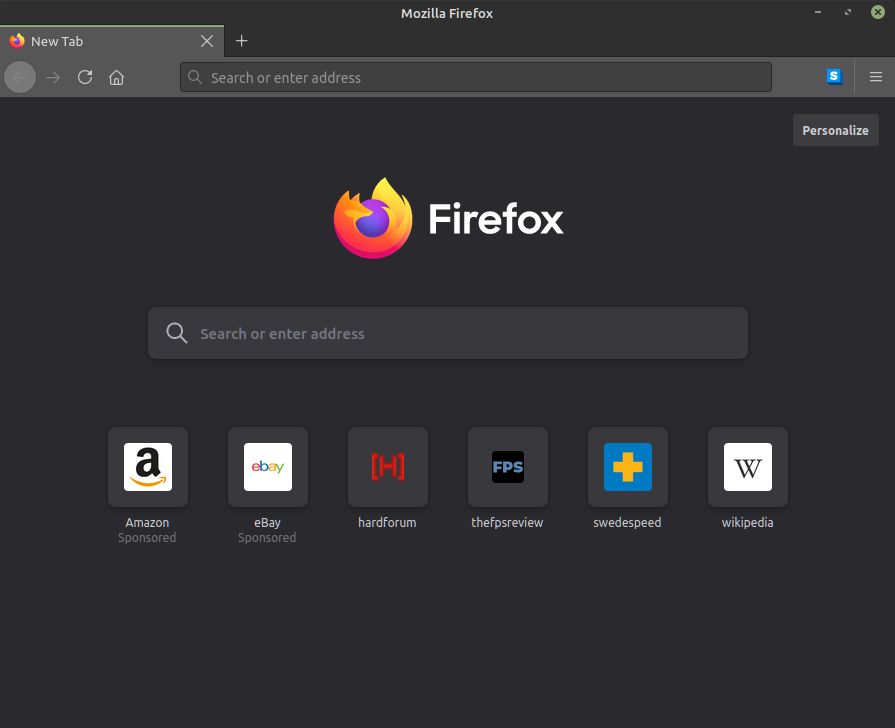Mystique
Limp Gawd
- Joined
- Mar 28, 2009
- Messages
- 366
I don't disagree with the fact they can still get aggregated data on you at all.
But if you don't fight, they get MUCH MUCH MUCH more.
Stay off big tech's API sharing clusterfuck by not using accounts there, and using duckduckgo when you can, etc.
Stuff like pihole+unbound without a VPN can obscure a lot of the crap. Add the VPN and make it airtight with non-escaping docker containers, and you can limit your exposure. You could do something like docker firefox on a VPN container network with non-standard DNS resolution over HTTPS.
You still have stuff that is a matter of public record though. Your goal is to make it not all link together like a spider web.
And most of us have Windows 10, and Microsoft sucks ass for privacy. Like you said, uphill battle.
But if you don't fight, they get MUCH MUCH MUCH more.
Stay off big tech's API sharing clusterfuck by not using accounts there, and using duckduckgo when you can, etc.
Stuff like pihole+unbound without a VPN can obscure a lot of the crap. Add the VPN and make it airtight with non-escaping docker containers, and you can limit your exposure. You could do something like docker firefox on a VPN container network with non-standard DNS resolution over HTTPS.
You still have stuff that is a matter of public record though. Your goal is to make it not all link together like a spider web.
And most of us have Windows 10, and Microsoft sucks ass for privacy. Like you said, uphill battle.
Last edited:
![[H]ard|Forum](/styles/hardforum/xenforo/logo_dark.png)



